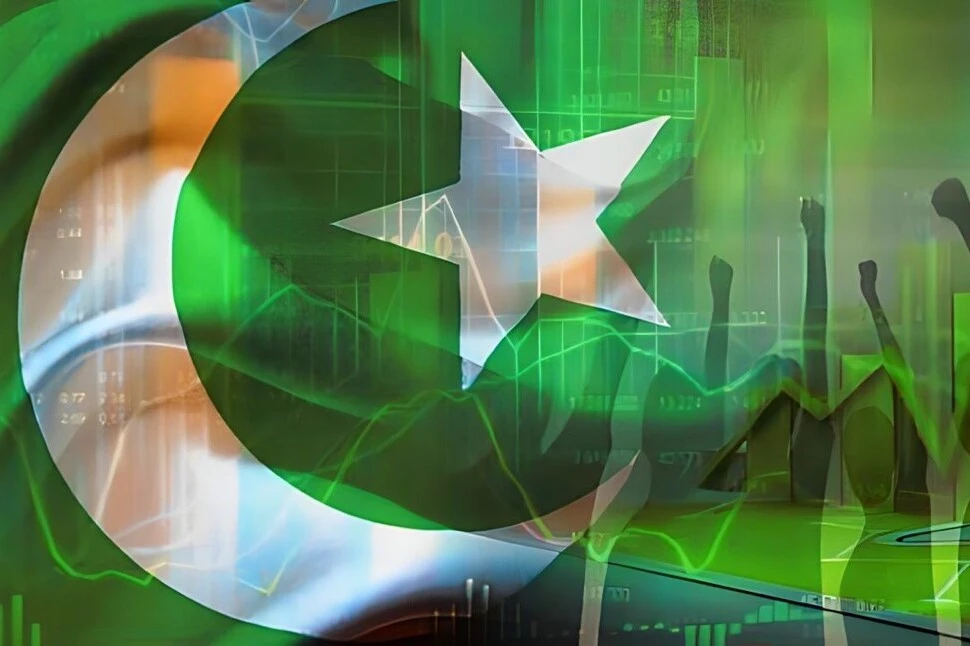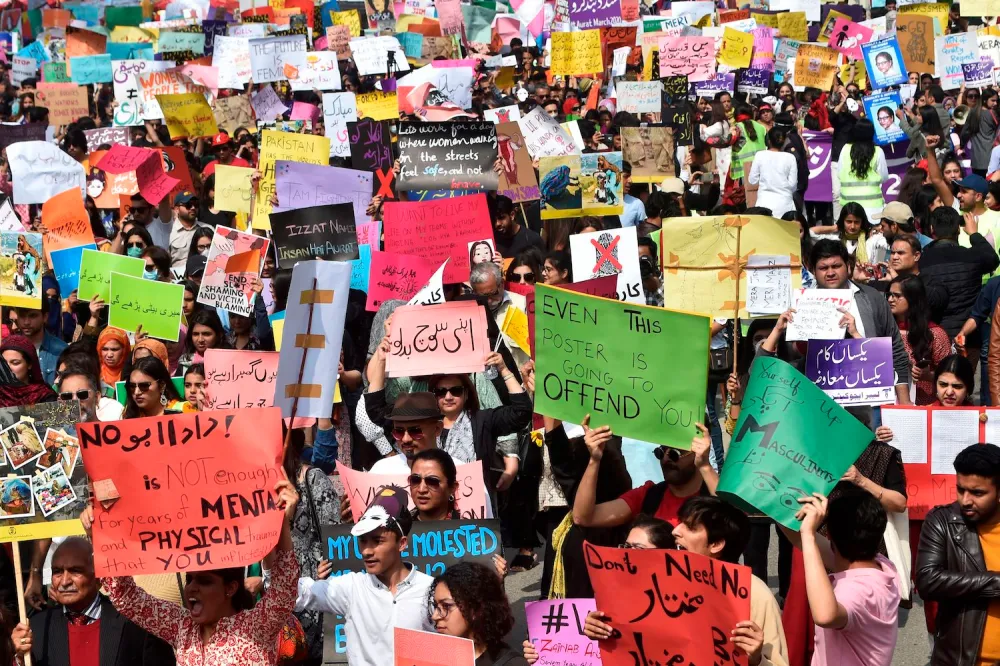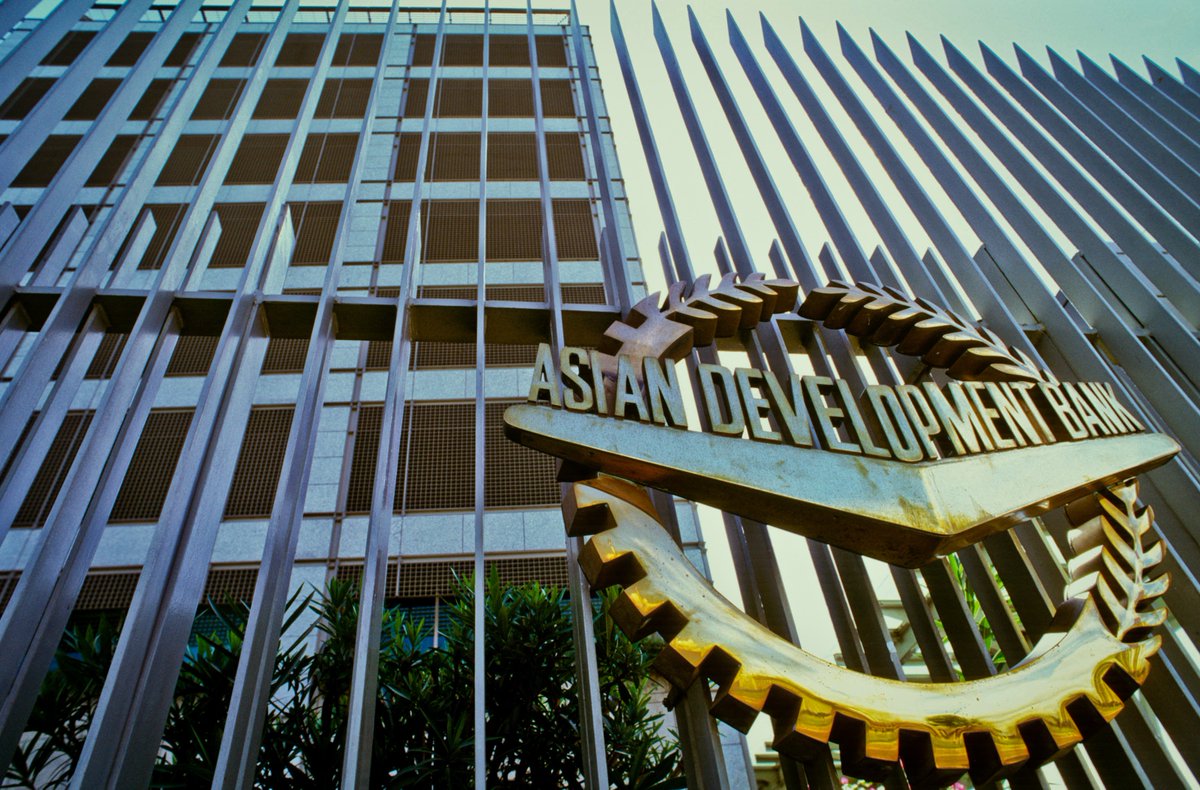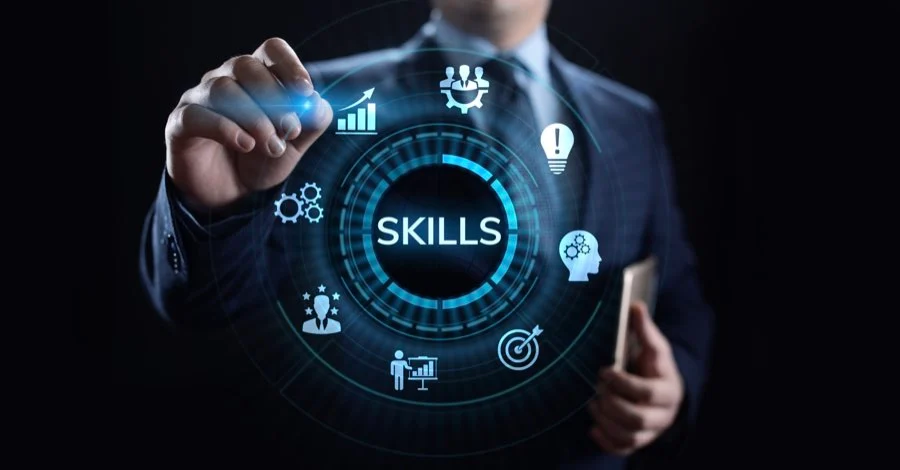Abdullah Kamran
In the 21st century, technology has become a vital aspect of our lives, reshaping the way we interact, live, and communicate. The last two decades have witnessed revolutionary advancements in different technologies such as blockchain, augmented reality, Artificial Intelligence, the Internet of Things, and many more. Among them, mobile technology has gained significant importance and is continuously evolving with time. Mobile phones have become an essential tool for communication, interaction, and forming sound relationships. The use of mobile phones is not just a global trend, but a global necessity, with developing countries like Pakistan also embracing this technology.
According to the Pakistan Telecom Authority, the number of mobile subscribers increased from 189.44 million to 190.18 million by the end of February 2024. Different mobile technologies like smartphones, e-book readers, tablets, portable music players, handheld gaming devices, and many others have been introduced to Pakistan. Among them, mobile phones have changed the way people interact and communicate surprisingly. Libraries play a crucial role in this digital transformation, not only by providing access to mobile technology but also by offering digital literacy programs to help users make the most of these tools. This is particularly important in underdeveloped countries like Pakistan, where libraries can help bridge the digital divide and ensure that everyone has equal access to information and technology.
Advanced information and communication technology have become a significant segment of our lives. These new tools enhance people’s ability to reach, obtain, and communicate information quickly, allowing them to access the growing volume and variety of data in just one click. The mobile device is one of the essential tools of contemporary society that can be viewed in everyone’s hand as a mobile device. Students of the current era can only survive with mobile phones, whether at school, college, or university.
Mobile technology has introduced numerous applications to share and communicate information. People can send and receive messages, photos, videos, and emails, check travel itineraries, purchase tickets for sports and concerts, and navigate online resources for study and research purposes. However, the use of mobile technology in libraries also raises ethical and privacy concerns. For example, the collection of user data through mobile apps can raise questions about data privacy and security. Libraries need to ensure that they are using mobile technology in a responsible and ethical manner, respecting users’ privacy and protecting their data.
Previously, accessing information was a laborious task. However, the advent of mobile phones has revolutionized this process, making information readily and easily available. New applications have made library operations more sophisticated, enabling services like reference services, circulation services, current awareness services, lending services, and more. Mobile technology has become a necessity of the hour for modern libraries, and its transformative power is undeniable. Without it, no library can truly enhance its services in the right direction.
The present article sheds light on the pivotal role of mobile phones in research and educational activities. For research, mobile technology allows scholars to access a vast array of digital resources, conduct online surveys, and collaborate with peers remotely. In educational activities, mobile technology enables interactive learning experiences, such as virtual field trips and real-time quizzes. Modern libraries offer extensive services to their end-users, like interacting with patterns to learn about the resources and services of the libraries. Additionally, libraries’ ultimate aim is to meet their patrons’ research needs.
As modern educational institutions are transitioning from traditional methods to modern information networking, mobile services are playing a crucial role in connecting users with institutions. It helps them stay up-to-date with what is happening. Libraries in advanced countries have harnessed the power of mobile services after the advent of advanced technologies and 3G networking. Since then, these nations have used mobile technologies to reach end users without obstacles. The potential of mobile technology to bridge the digital divide is immense, and libraries in developing countries are now at a crossroads, considering whether to adopt these technologies.
Most libraries have developed mobile applications to complement their library services and resources and offer an easy way for people to access the extensive information in a library’s collection. Academic libraries are subject to internal and external forces that cause and necessitate organizational change and development. Hence, the use of mobile technology plays a pivotal role in the development of organizations. Mobile phones can provide users with information and resources anytime and anywhere. The concept of mobile phones in library services is not new, and many libraries worldwide have already provided SMS services in earlier days, but modern technology has transformed the way users interact with technology. Looking ahead, we can expect further advancements in mobile technology, such as the integration of virtual reality for immersive learning experiences and the use of artificial intelligence for personalized recommendations.

















































